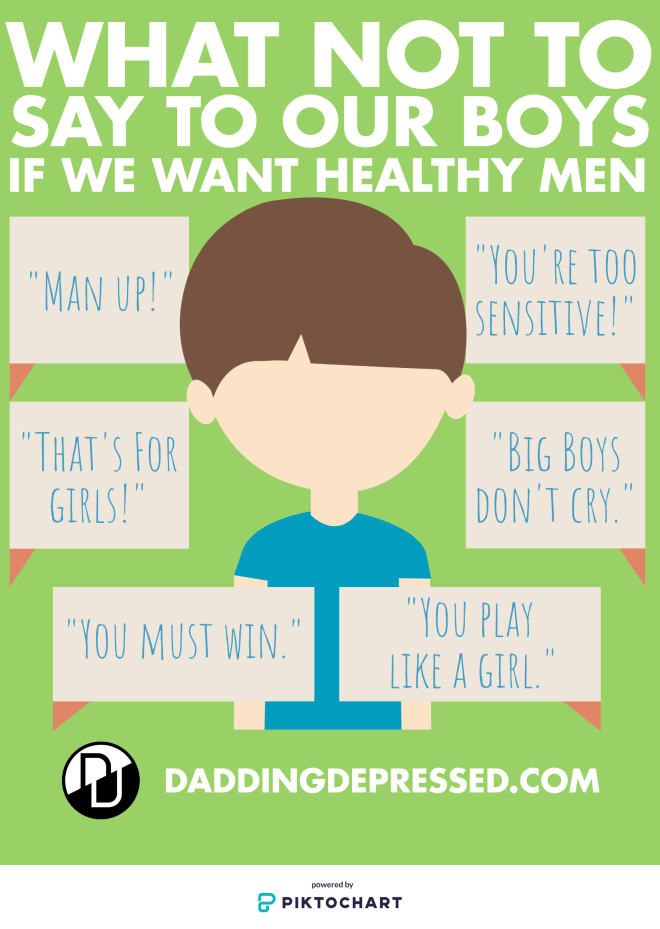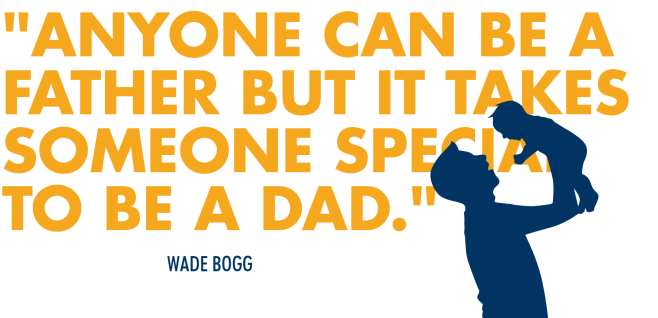DISCLOSURE: Some of the links below are affiliate links, meaning, at no additional cost to you, I will earn a commission if you click through and make a purchase.

“Before you forget…look up.”
The Knowing Book by Rebecca Kai Dotlich and illustrated by Matthew Cordell is simply the best children’s book I’ve read so far. I could leave it at that, but, for your sake, I won’t.
Did I say children’s book? It is so much more–a brilliant work-of-art able to be esteemed by even the most listless adult. To limit it to the kid’s section seems to depreciate its universal value. Sure, the cute and almost Hobbit-themed illustrations (just replace Hobbits with rabbits) spur the imagination of the youngest dreamer, but the poetic prose is able to prod the heart of even the most callous scrooge.
It’s so good.
I have to admit: I was on the hunt. Fingering through the scores of children’s books at the Keane’s in downtown Mason, I had already ransacked the bookstore to no avail. Kid’s books seem to be faint echoes of one another after a while. Simple, tedious, and almost condescending.
I suppose that’s why I work to feature the best ones. I believe children can be invited to a life-long appreciation of literature through rich, thoughtful and engaging books. There’s a place for “Baby’s First Words,” but as kids get older, wouldn’t you rather show how words are the wonder by which we wonder? We can do this through children’s books that honor literary elements and excite both parents and young readers–not just anything with a cartoon on it.

- “Step one step at a time, and don’t ignore a hum and don’t deny a cry. Both are useful and both are good and both will comfort you if you are lost.”
- “Pretend you are someone and pretend you are no one. Pretend you are who you long to be, who you would never want to be, and who you can only imagine being. Know that you will be parts of all of these.”
- “Don’t be too busy to slosh in a puddle or fly a kite, or too important to pick up the lost coin or the common shell.”
These are heartfelt reminders to the parent-reader and meaningful lessons for the child as they grow.
In terms of thoughtful children’s books, this is one of a kind. I guarantee you, The Knowing Book will not only remain on my kids’ top-shelf for years to come, it will be on mine as well. It truly is a book for the journey of life.













